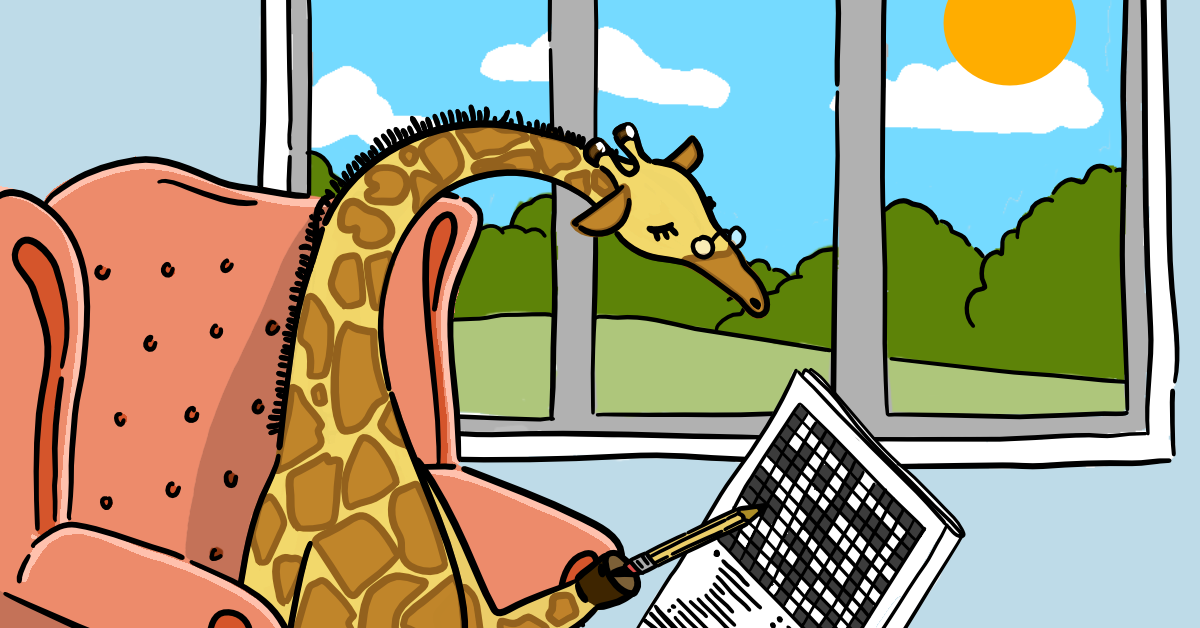Migraine, Buddha, Anger, Change, Views
Misery In The Head
Katherine Foxhall | History Today | 20th December 2019
A brief history of migraine, said here to affect one-seventh of the world’s population, and thus to be the “seventh most disabling among all global diseases, more prevalent than diabetes, epilepsy and asthma combined”. Galen used the term hemicrania to describe “a pain that affected half the head”; this became emigranea in Latin and Middle English, migran in medieval Welsh, migraine in French. Sufferers from “migraine with aura” see a “C-shaped zigzag pattern that spreads across the field of vision” (3,210 words)
Was Buddha A Prince Or A Pauper?
Alexander Wynne | Aeon | 17th December 2019
An attempt to reconstruct the life of the Buddha by stripping away those parts of the legend which appear to be historically impossible or purposefully myth-making. “Gotama was born into a small tribe, in a remote and unimportant town on the periphery of pre-imperial India. He lived in a world on the cusp of urbanisation, albeit one that still lacked money, writing and long-distance trade. The texts say that the Buddha achieved remarkable success as a teacher straight away, but this seems unlikely” (3,150 words)
Necessary Anger
Laurie Penny | Baffler | 18th December 2019
A Labour supporter rues the recent British election result. You may or may not agree with the arguments and assumptions; but Dr Johnson himself would surely have applauded the polemic style. “If we had a democratic system that actually did what it said on the tin, the outcome would have been different. But we don’t, and enough people saw the abyss and chose to jump. Enough people heard the lies and chose to believe them. I don’t think those people are stupid. If I did, I wouldn’t be so angry” (3,380 words)
Scientific Events That Shaped The Decade
Editorial | Nature | 18th December 2019
In brief: We are hostages to technology. Innovation is outstripping society’s capacity to plan or regulate. “Scientific and technological innovation has always created social and economic transformation. But the past decade showed the speed and scale at which such change can happen. If it continues at the present rate, the shape of the next ten years — from information technologies to applied bioscience, energy and environment — looks ever more contingent on the discoveries made in that time” (1,190 words)
The Causal Theory Of Views
Lee Smolin | Edge | 18th December 2019
Interesting throughout. Lee Smolin talks easily about the pleasures and frustrations of working on the far frontiers of physics where everything is theoretical and nothing is provable. “It’s perfectly possible that there are human beings who don't have any inner experiences; physics, and biology, and chemistry explain everything that happens in their brain; it might be that I know I have these inner experiences, but it might be that my best friend is a zombie and doesn't have any experience going on” (4,800 words)
Video: Cracking Ancient Codes. Irving Finkel, of the British Museum, explains how cuneiform came to serve as the writing style of the ancient world (38m 54s)
Audio: The Somali Pirate Tapes | Outlook Danish ship owner Per Gullestrup on his crash-course in learning to negotiate with Somali pirates after one of his cargo ships was attacked (30m 16s)
Afterthought:
“You can choose to be free, but it’s the last decision you’ll ever make”
— Franz Kafka
Thank you for being a subscriber to The Browser. Please consider giving a Browser gift subscription to a valued friend for the holiday season — or, better still, give Browser gift subscriptions to all your valued friends. To give a single subscription, please click the button below. If you want to give multiple subscriptions, and you would like us to handle the processing, please email uri@thebrowser.com